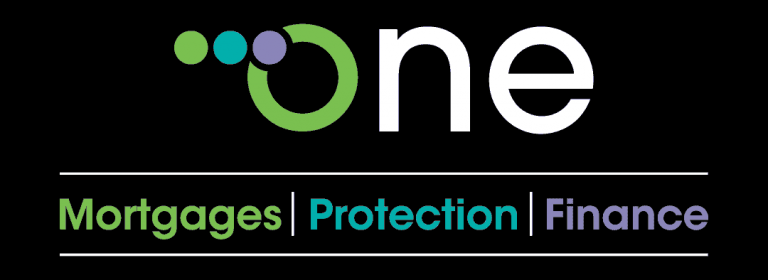Joint Mortgage When One Applicant is Self-Employed
- Get in touch for a free, initial consultation
- Speak to a specialist 5* rated adviser
- See if we can find you the right solution
Get in touch for a free, no-obligation chat about how we might be able to help you.
Home » Self-Employed » Joint Mortgage When One Applicant is Self-Employed
Joint Mortgages When One Applicant Is Self Employed
Can you get a joint mortgage if one applicant is Self-Employed?
As the vast majority of mortgage products are available to both employed and self-employed mortgage applicants, whether or not applicants are Self-Employed, should have no bearing on eligibility for joint mortgage products.
That said, Self-Employed applicants usually need to satisfy additional acceptance criteria than those in more traditional employment. The way in which you prove your income also differs, as a Self-Employed person. This does not affect your ability to apply for a joint mortgage with an employed partner, however.
When compared to joint mortgage applications from two Self-Employed applicants, those with just one self-employed applicant and one employed applicant are actually more likely to be accepted. Given that a stable, permanent income is preferential to mortgage lenders, this can also be the case if your employed partner has a lower income than you.
How much can you borrow if one applicant is Self-Employed?
The actual loan amount should not be affected by your employment type, rather how much your joint income is. Although it can be more difficult to establish an average income for the self-employed applicant, it should not directly affect your loan entitlement.
Mortgage loans are calculated based on a multiple of your combined income, usually around four and a half times. Your affordability (income minus outgoings) will also be considered, as well as both applicant’s credit scores.
It can be beneficial to name the employed partner as the lead applicant, unless they have particularly bad credit, which a lender is unlikely to overlook, regardless of their job security.
Speak To an Expert
- Free initial consultation
- Specialist Mortgage Advisers
- See if we can help you find the right deal
What documents do you need if one applicant is Self-Employed?
Depending on what type of Self-Employed business you carry out, the documentation that lenders require in support of your application will differ, as below:
Sole trader, contractor or partner
Sole traders and contractors will need to provide their SA302 annual tax calculation form for the past three tax years. Some specialist lenders will accept applicants with as low as one year of tax returns, although this is unusual and will be assessed on a case by case basis.
As a partner of a company, whilst you will also need to supply the same evidence as a sole trader, you should be aware that the lender will only count your percentage share of the profits when calculating the loan. In order to be considered on a mortgage application at all, a partner must own at least 25% share of their company.
Limited Company
As the director of a limited company, the lender will use your personal salary and dividends payments in order to calculate your income, therefore company payslips are required as evidence.
There are specialist lenders who may be willing to consider total business profits alongside your personal income. A SA302 will be needed in addition to you as payslips where this is the case.
Does a mortgage have to be in joint names?
The mortgage does not have to be in joint names in order that you can purchase a home jointly with your partner. It is also possible to add them to the deed, without them being a part of the application process.
Both the employed or Self-Employed applicant can apply for a mortgage individually, where their personal income is high enough. You should note, however, that you are unlikely to secure a loan of the same value as you could with a joint mortgage application.
There are circumstances, however, where it can be beneficial to have the mortgage in a single name. For example, if the self-employed applicant has less than one year’s accounts available or if either applicant has particularly low credit rating, they are unlikely to be accepted as part of the application.
How can a Mortgage Broker help if one applicant is Self-Employed?
Specialist Mortgage Brokers, with experience advising Self-Employed applicants can guide you towards those lenders who are most likely to consider a joint application from applicants with your individual circumstances. They can also advise you on how best to apply, for example, which partner should be listed as the lead applicant and whether or not you should apply jointly or separately.
Another benefit of using an authorised and regulated Mortgage Broker is that you can take advantage of their access to independent mortgage deals that you’re unlikely to find on your own. They can also take on much of the administrative burden of a mortgage application, meaning you save money, time and stress.
Your home may be repossessed if you do not keep up repayments on your mortgage
Why One Mortgages, Protection and Estates?
- Simple Process
- Tailored & Honest Advice
- Great Service
- Whole of Market Access
- Out of Hours Appointments & Home Visits

Call us now on 0113 208 3308
to find out more or arrange a consultation.
Based in Leeds, One Mortgages & Protection Limited offers impartial and unbiased advice to customers UK wide, no customer is too far away to help.
